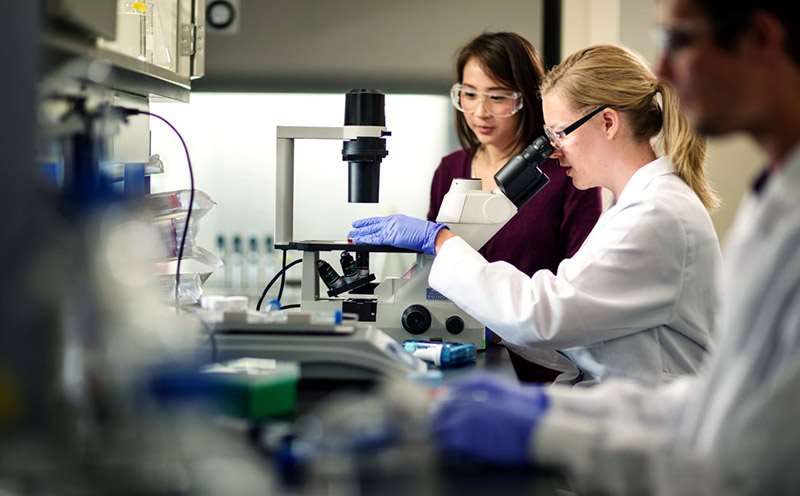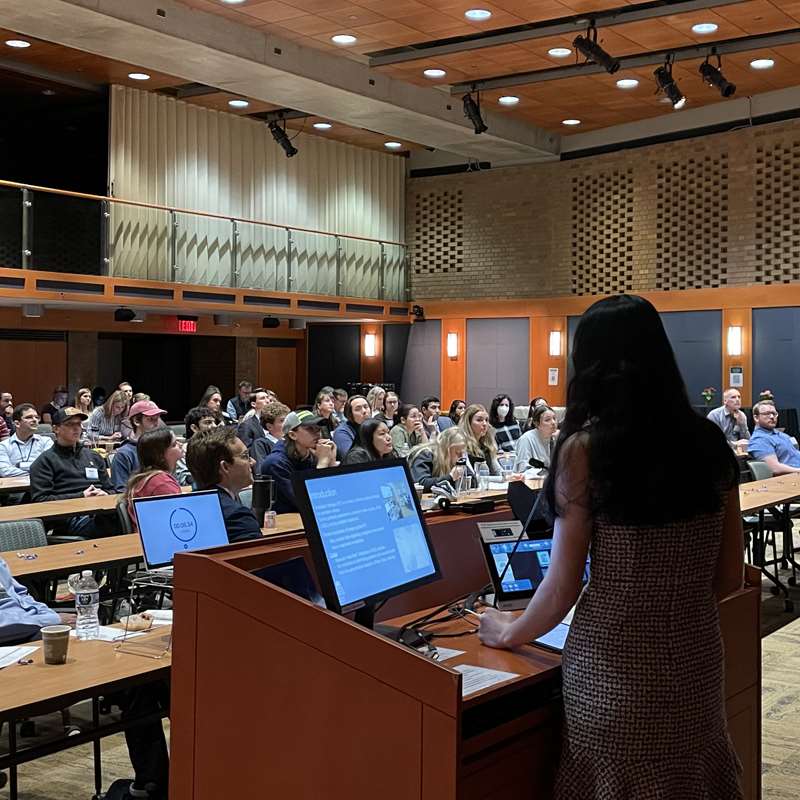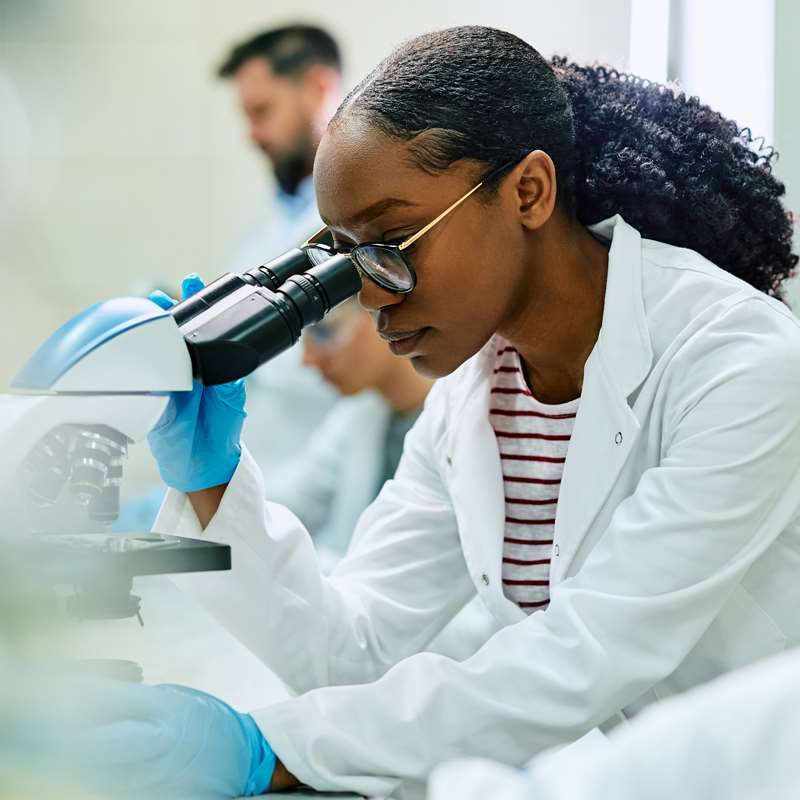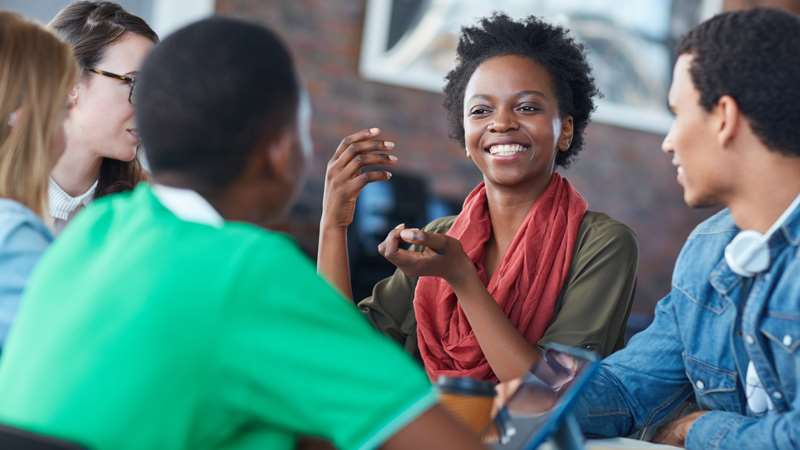Educational and Training Opportunities

Middle and High School Students
Educational programs for young learners are intended to raise awareness about cancer, cancer prevention and healthy lifestyles, and also showcase career paths in biomedical sciences with a focus on cancer research.

Undergraduate Students and Postbaccalaureates
Undergraduate educational programs include immersive research experiences that provide hands-on training in cancer research labs, mentorship opportunities with established cancer researchers, and participation in community outreach efforts.

Graduate and Medical Students
From research fellowships to symposiums to clinical educational experiences, graduate and medical students have access to opportunities designed to promote and support successful careers.

Postdoctoral Trainees
Fellowship programs are available to support postdoctoral students in basic, clinical and populations science research, enabling participants to conduct focused research and to develop fundamental, quantitative research skills.

Early-Career Faculty Scholars
Educational programs and resources are available to help early-career faculty establish independent research programs, receive mentorship and grant development support, and collaborate with community outreach and engagement efforts.

Faculty and Health Professionals
Specialized continuing medical education programs are available to help faculty and healthcare professionals achieve higher levels of expertise.
At A Glance
Our commitment to education is propelling the future of cancer research and care.
The Office of Cancer Research Training and Education Coordination
The Office of Cancer Research Training and Education Coordination (CRTEC) creates and coordinates innovative cancer research education opportunities for trainees at all levels. By partnering with educational institutions and community groups in the Catchment Area, and leveraging MCW's rich culture of education and community engagement, CRTEC aims to strengthen educational pathways, develop early career talent, and enhance career and leadership development.
Quick Links
Middle and High School Students
Undergraduate Students and Postbaccalaureates
Graduate and Medical Students
Postdoctoral Trainees
- Biobehavioral Oncology Training Program (BBOT) (PDF)
- MCW Cancer Center Postdoctoral Fellowship (PDF)
- Scientific Teams Advancing Research Translation (START)
Early-Career Faculty Scholars
- American Cancer Society - Institutional Research Grant (ACS-IRG) (PDF)
- Research and Community Scholars Program
- Clinical and Translational Institute (CTSI) Mentored Career Development Program
Faculty and Health Professionals

Trainee Symposium Celebrates Learners Who Are Pushing the Boundaries of Science
Nearly 50 cancer research trainees shared their recent research findings at the Cancer Center's annual trainee symposium – an event designed to showcase the knowledge, curiosity and collaboration of tomorrow's cancer researchers.

Aspiring Undergraduates Receive Hands-On Cancer Research Training
A unique partnership with the University of Wisconsin-Milwaukee provides college students an immersive experience to gain the knowledge and skills needed to explore cancer discoveries from the frontlines and pursue cancer research careers.


